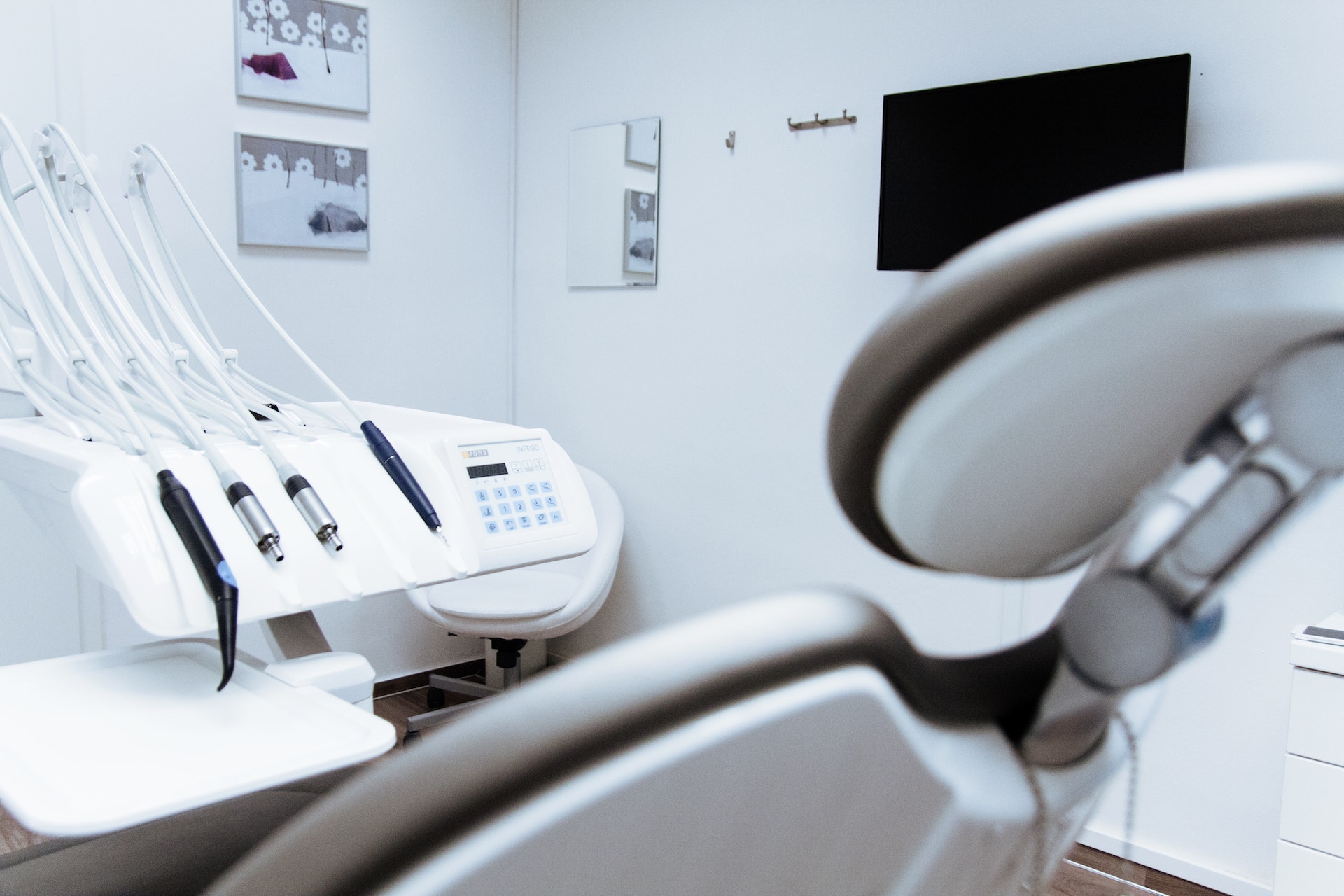There is a significant connection between diabetes and dental health. People with diabetes are at a higher risk of developing oral health problems due to high blood sugar levels, which can weaken the immune system and increase the risk of infection. Likewise, poor oral health can also affect blood sugar control and lead to complications for people with diabetes.
Here are some common dental problems associated with diabetes:
Gum Disease: High blood sugar levels can make it harder to fight off infections, including gum disease. Gum disease is an infection of the tissues that support the teeth and can lead to tooth loss if left untreated.
Dry Mouth: People with diabetes may experience dry mouth due to reduced saliva production. This can lead to problems such as tooth decay, gum disease, and bad breath.
Thrush: High blood sugar levels can also lead to an overgrowth of fungus in the mouth, causing thrush. Thrush can cause white patches on the tongue and inside the mouth and can be painful.
Slow Healing: People with diabetes may experience slower healing after dental procedures such as extractions or gum surgery.
It is important for people with diabetes to practice good oral hygiene and to have regular dental checkups to prevent these problems. A dentist can work with a patient's diabetes care team to develop a comprehensive treatment plan that addresses both oral health and blood sugar control. Additionally, maintaining a healthy diet and blood sugar level can also help prevent dental problems associated with diabetes.
In addition to maintaining good oral hygiene and working with a healthcare team, there are other steps that people with diabetes can take to protect their dental health. Here are some tips:
Control blood sugar levels: Keeping blood sugar levels under control can help prevent dental problems. People with diabetes should work with their healthcare team to develop a plan for managing blood sugar levels.
Brush and floss regularly: Brushing teeth twice a day and flossing at least once a day can help remove plaque and prevent gum disease.
Use mouthwash: Using an antimicrobial mouthwash can help kill bacteria and prevent gum disease.
Quit smoking: Smoking increases the risk of gum disease and other oral health problems. People with diabetes who smoke should quit as soon as possible.
Visit the dentist regularly: People with diabetes should have dental checkups at least twice a year. The dentist can check for signs of gum disease and other oral health problems.
In conclusion, there is a strong connection between diabetes and dental health. People with diabetes are at a higher risk of developing oral health problems, but there are steps that can be taken to prevent these problems. Practising good oral hygiene, working with a healthcare team, and maintaining healthy blood sugar levels can all help protect dental health for people with diabetes.
To find out more, Contact Us
388 High St, Eugene, OR 97401, United States
drmercedesdelvalle@gmail.com
